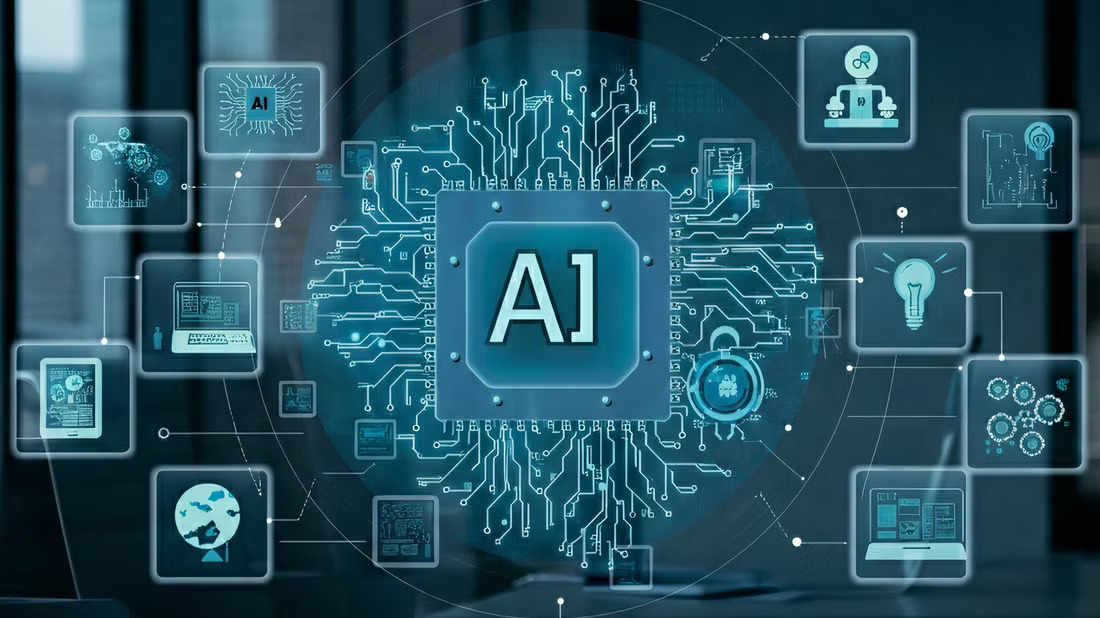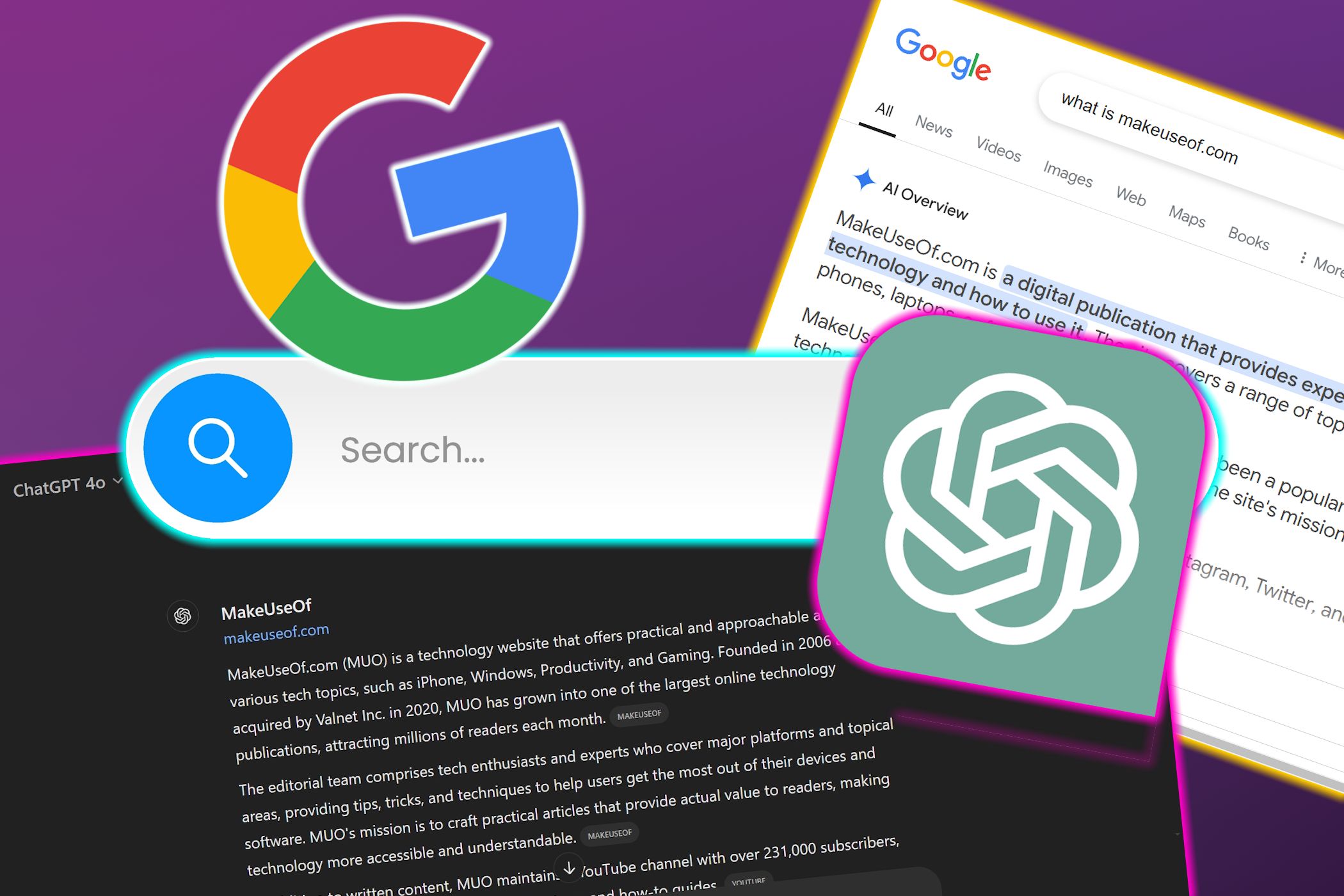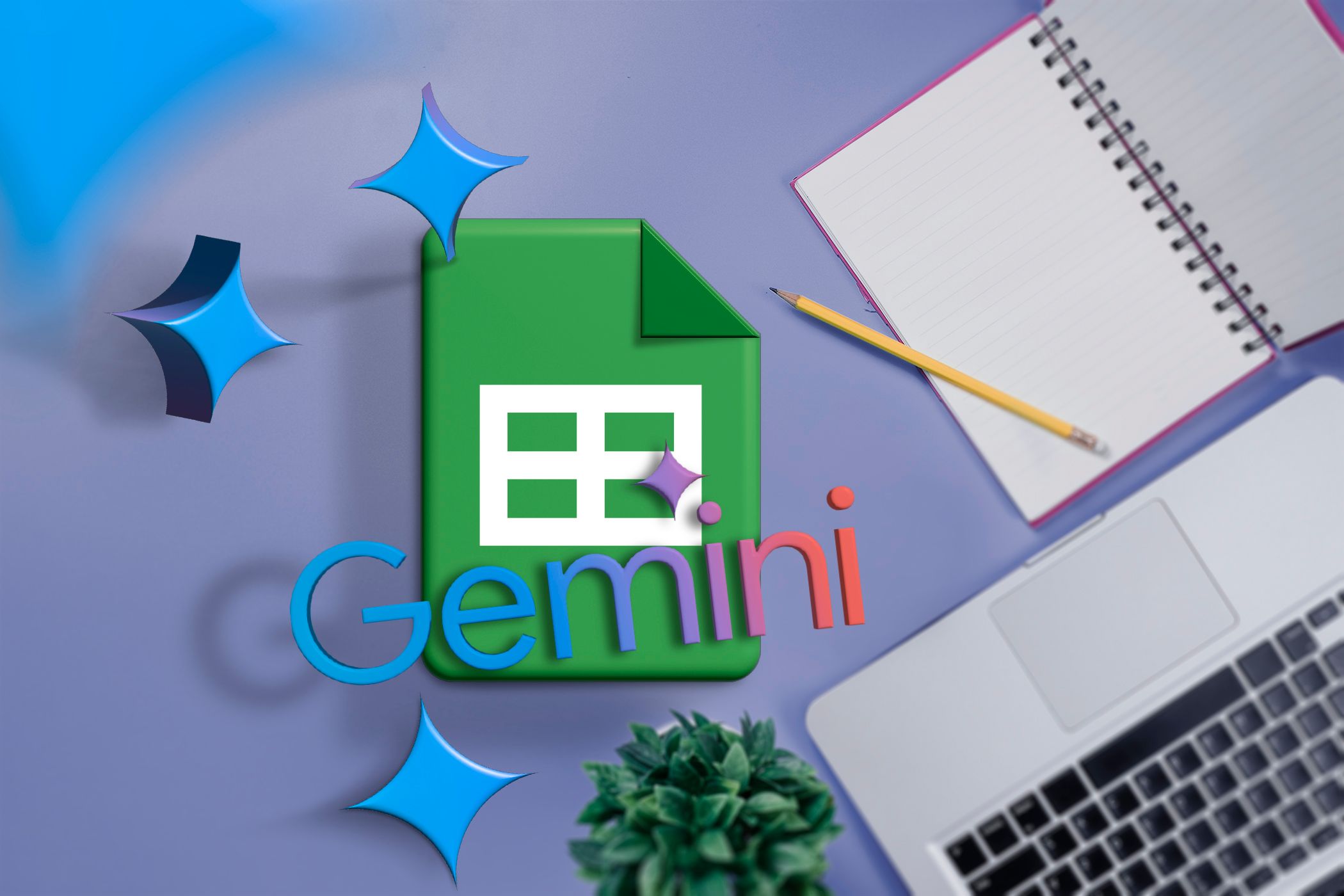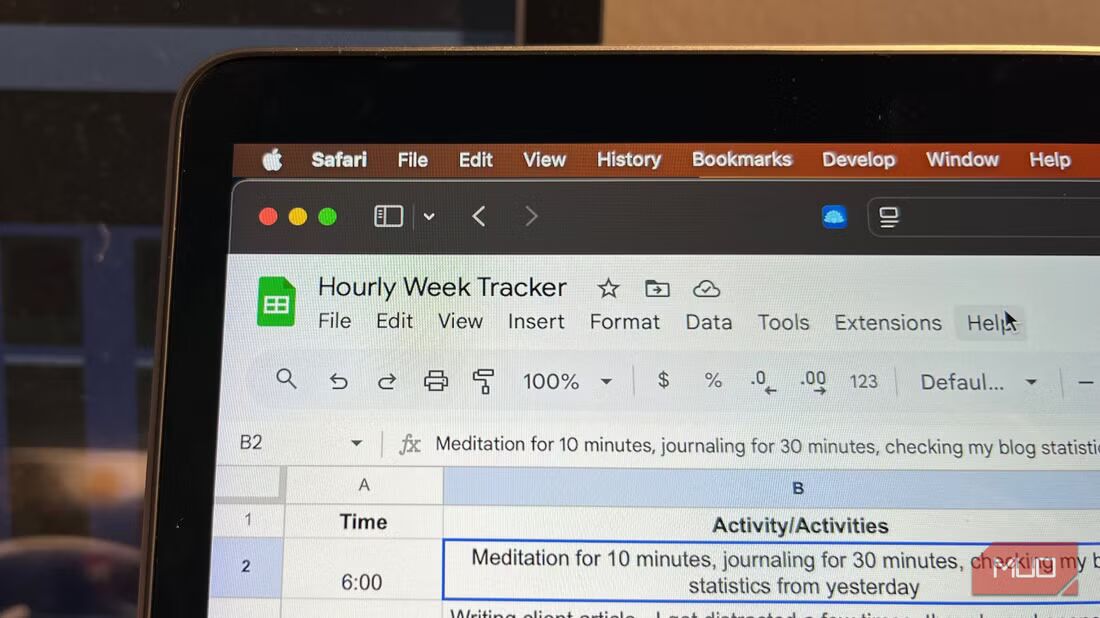1Wider Adoption of Voice/Vision-Based AI Assistants
With advances in natural language processing (NLP) and computer vision, AI assistants are becoming more adept at understanding and responding to human commands. Voice and vision-based AI assistants have already begun to make their mark on our daily lives, but 2025 is set to be a breakout year for these technologies.
In 2025, we can expect to see these AI assistants seamlessly integrated into various aspects of our lives, transforming how we interact with our devices and environments. We will see a significant expansion in both the capabilities and the adoption of voice and vision-based AI assistants. These assistants will perform more complex tasks, understand nuanced language, and interact with us through visual cues.
Additionally, voice and vision-based AI assistants have the potential to make technology more accessible to people with disabilities.
2Better Search Experiences
Traditional search engines rely heavily on keywords. While effective, this approach often falls short when dealing with complex or nuanced queries.
AI is poised to revolutionize search by moving beyond keywords to a deeper understanding of context and intent. Instead of relying solely on keywords, an AI-powered search experience will be able to grasp the intent behind our queries and the context of your search, providing more relevant and meaningful results.
We’re also moving towards conversational search, where you can interact with search engines using natural language. Instead of typing “best Italian restaurants near me,” you could simply ask, “Where should I go for Italian tonight?” This will make information retrieval feel more like a conversation with a knowledgeable friend than a rigid interaction with a machine.
3Deeper Integration With Productivity Tools
With the growing adoption of Copilot for Microsoft 365 and Gemini in Google Workspace, AI-powered smart assistants will become indispensable in the workplace, helping us manage our schedules, set reminders, and prioritize tasks. They can also assist in project management by tracking progress, assigning tasks, and providing insights into team performance. Features like real-time language translation, intelligent meeting scheduling, and context-aware collaboration will make teamwork more efficient.
As these tools evolve, AI will be able to automate repetitive and time-consuming tasks, such as data entry, report generation, and email management. This will free up valuable time for employees to focus on more creative and strategic activities.
4Early Look at AI Agents and AGI
Artificial general intelligence (AGI) and agentic AI represent the next frontier in AI development. While we may not achieve full AGI by 2025, we can expect to see early glimpses of this technology, which will pave the way for more advanced AI systems.
Unlike narrow AI, which is designed for specific tasks, AGI aims to perform any intellectual task a human can do. Early versions of AGI will demonstrate a broader range of capabilities, from language understanding and reasoning to universal problem-solving and creativity. Additionally, the pursuit of AGI will drive significant advancements in AI research, leading to breakthroughs in machine learning, neural networks, and cognitive computing.
While agentic AI is not AGI, it represents a significant step in that direction. By developing AI systems that can act independently and solve problems, we are laying the groundwork for more general-purpose intelligence. Early AGI systems will essentially manifest, in part, through the rise of agentic AI in 2025.







